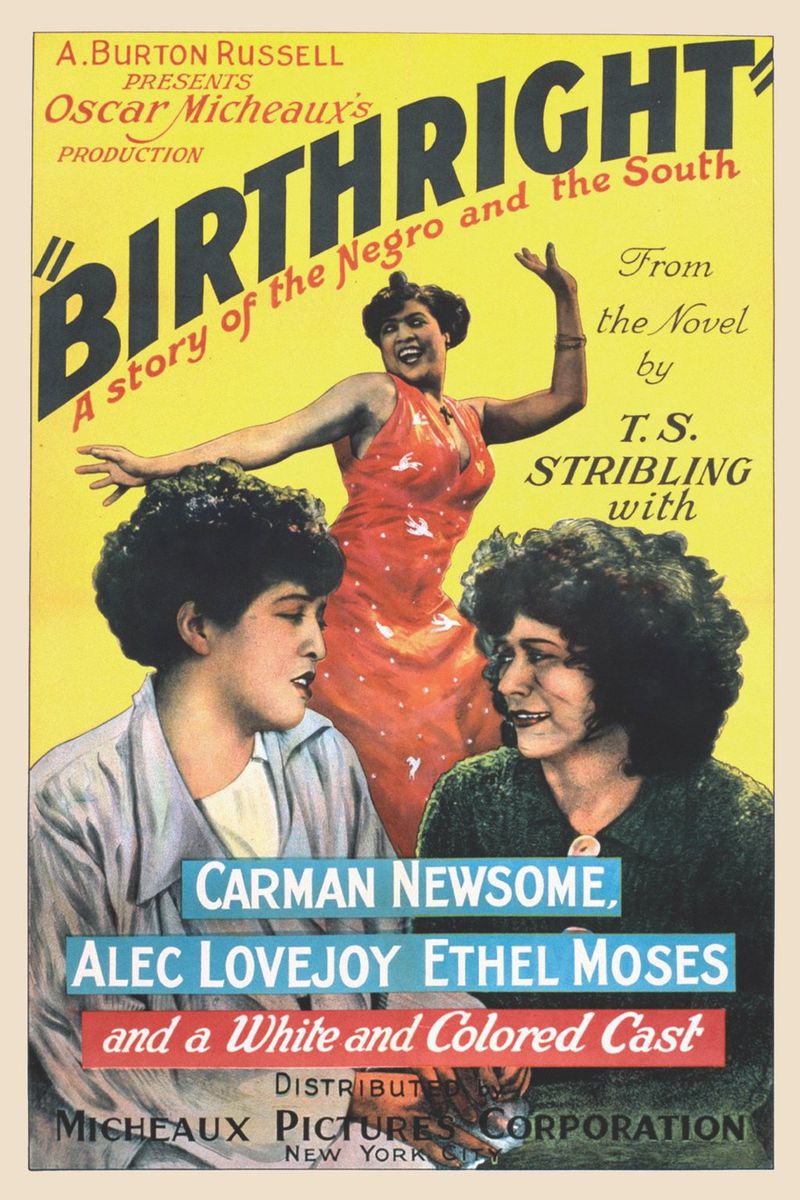Bret Wood of College Park, a locally based film maker, assembled the box set “Pioneers of African-American Cinema,” the first of its kind collection of features and shorts by African American film makers digitally restored.
The five-disc collection’s July release prompted New York Times critic J. Hoberman to write: “From the perspective of cinema history — and American history, for that matter — there has never been a more significant video release.”
And now a major award for the groundbreaking project: Kino Lorber's 5-disc collection "Pioneers of African-American Cinema" won the National Society of Film Critics' Film Heritage Award over the weekend.
“Moonlight,” was named best film of 2016 by the National Society of Film Critics on Saturday. “Manchester by the Sea” also took multiple awards. Best actor went to Casey Affleck; best supporting actress went to Michelle Williams.
The idea for the set first came together when George Schmalz, a former employee of Kino Lorber who now works for Kickstarter, approached his former company about the possibility of using Kickstarter to fund film restoration projects. Wood said Kino liked the idea, and, after considering several possibilities, moved forward with films by African-American directors of the silent and early sound film eras.
It’s just one critical hosanna among many for the set, which has been lauded for the way it illuminates a previously unacknowledged but monumentally significant thread of film history.
Films included in the collection include the following:
The Blood of Jesus (1941) Spencer Williams's directorial debut -- a surreal religious parable, selected to the National Film Registry in 1991. The film was restored by the Tyler, Texas Black Film Collection of Southern Methodist University, with funding from the National Film Preservation Foundation
Dirty Gertie from Harlem, U.S.A. (1946), Spencer Williams's musical adaptation of W.S. Maugham's "Miss Sadie Thompson." The film was preserved by Southern Methodist University from materials conserved by the George Eastman House, with funding from the Women's Film Preservation Fund (New York Women in Film and Television).
The Girl from Chicago (1932) Oscar Micheaux's crime/romance/musical, in which a Mississippi woman becomes involved with an undercover agent and moves with him to Harlem (Library of Congress)
The Symbol of the Unconquered (1920) Perhaps the boldest film of the early African-American cinema was this film by Oscar Micheaux, that dared to confront the Ku Klux Klan. Previously unavailable on DVD, this edition will be mastered in HD from a 35mm film element preserved by the Museum of Modern Art and the Cinémathèque Royale de Belgique. It features a musical score by legendary jazz drummer Max Roach, courtesy of Turner Classic Movies.
“I’ve always liked films that were apart from the Hollywood establishment,” said Wood in an AJC piece recently. “I feel like they’ve never really had their story told the way the Hollywood studios have. It’s terrain that hasn’t been thoroughly covered. … We knew it was the right time for something like this. Culturally, it’s time to celebrate the black filmmakers of the past who didn’t get any appreciation in their time.”
“It was important that it not just be a collection of films, that it be an educational tool,” Wood said.
-- Andrew Alexander contributed to this article.
Here’s a look at the new movie "Hidden Figures" which chronicles the true story of three brilliant African American women whose scientific and math skills helped NASA.
READ MORE: College Park man helps celebrate black filmmakers of the past
About the Author








